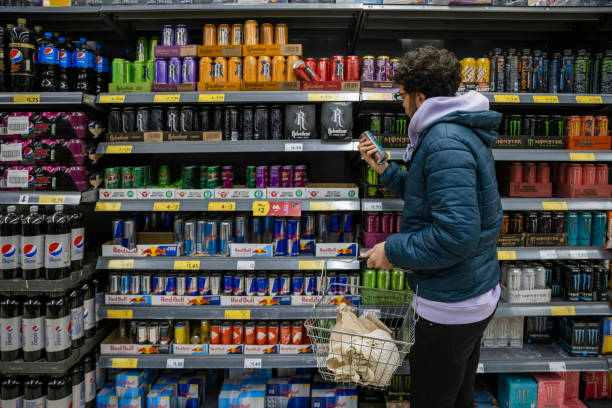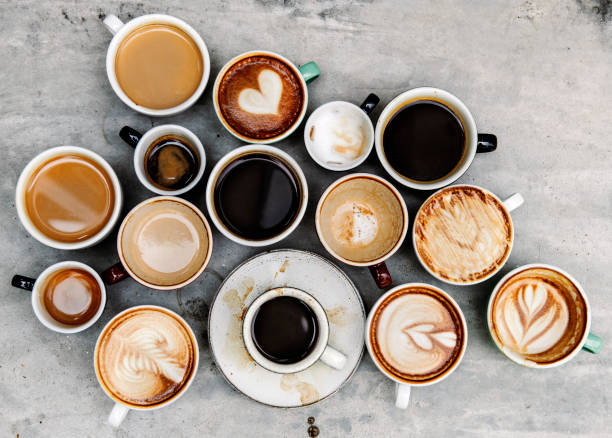Ever pondered the dosage of caffeine in drinks that Singapore’s youth is hooked on? Well, recently, MP See Jinli Jean raised a crucial question in parliament, prompting us to reflect on the potential health risks linked to the dosage of caffeine in these beverages, especially for the underage demographic.
Caffeine Overload in Energy Drinks

Image from iStock
Let’s dive straight into it – energy drinks loaded with a staggering 200 mg of caffeine per can, surpassing your regular cup of coffee’s 80 mg to 100 mg. It’s a real buzz, but is it a healthy one for the underage crowd? MP See Jinli Jean’s parliamentary query spotlights the urgency of regulating these high-octane beverages aimed at Singapore’s youth.
Navigating the Regulatory Maze
So, what’s the regulatory stance on the dosage of caffeine in underage consumers in Singapore? Minister for Health Ong Ye Kung discloses that, currently, there’s no specific cap on caffeine in beverages under the country’s food regulations, leaving a void where clear guidelines should be, especially when it comes to protecting the underage population.
Caffeine’s Personal Touch

Image from iStock
Now, let’s talk about the personal touch of caffeine. Minister Ong emphasizes that caffeine’s effects aren’t universal. Age, sex, weight – they all play a role. While there’s no magic number for everyone, moderation becomes crucial, especially for the underage group. It’s like a caffeine dance – find your rhythm and adjust if things get jittery.
Health Hub’s Coffee Chats
Ever visited the Health Hub website? It spills the beans on caffeine wisdom. For most adults, four to five cups of coffee or tea a day is the sweet spot, hitting around 400 mg of caffeine. Teens? They’re advised to stay within 100 mg daily – equivalent to a friendly cup of coffee. Kids? Keep their caffeine sips minimal to safeguard their health.
Buzzkill Side Effects and Beverage Breakdown
But here’s the catch – what about the side effects for the underage group? Caffeine, being the unpredictable character it is, can bring on insomnia, anxiety, and more. Energy drinks, the usual suspects, like Monster Energy boasting 160 mg in a 500 ml can, or Red Bull with its 80 mg in a 250 ml serving, can magnify these effects, especially for the underage consumers.
Wrapping Up the Buzzworthy Debate
As the dialogue around the dosage of caffeine in underage Singaporeans brews, the nation faces the challenge of concocting regulations that balance individual freedom with public health, especially for the vulnerable underage demographic. With no universal standards, it’s indeed a caffeine conundrum. So, the next time you see an energy drink in underage hands, think twice – the buzz might come at a cost to their health.
ALSO READ
Could energy drinks cause a dad-to-be to lose half of his skull?
Energy Booster Drinks in Singapore To Keep You Pumped Up During Pregnancy
Coffee Benefits and Risks: Finding the ‘Sweet Spot’ in Your Daily Brew
 Together Against RSV
Together Against RSV SG60
SG60 Pregnancy
Pregnancy Parenting
Parenting Child
Child Feeding & Nutrition
Feeding & Nutrition Education
Education Lifestyle
Lifestyle Events
Events Holiday Hub
Holiday Hub Aptamil
Aptamil TAP Recommends
TAP Recommends Shopping
Shopping Press Releases
Press Releases Project Sidekicks
Project Sidekicks Community
Community Advertise With Us
Advertise With Us Contact Us
Contact Us VIP
VIP Rewards
Rewards VIP Parents
VIP Parents
